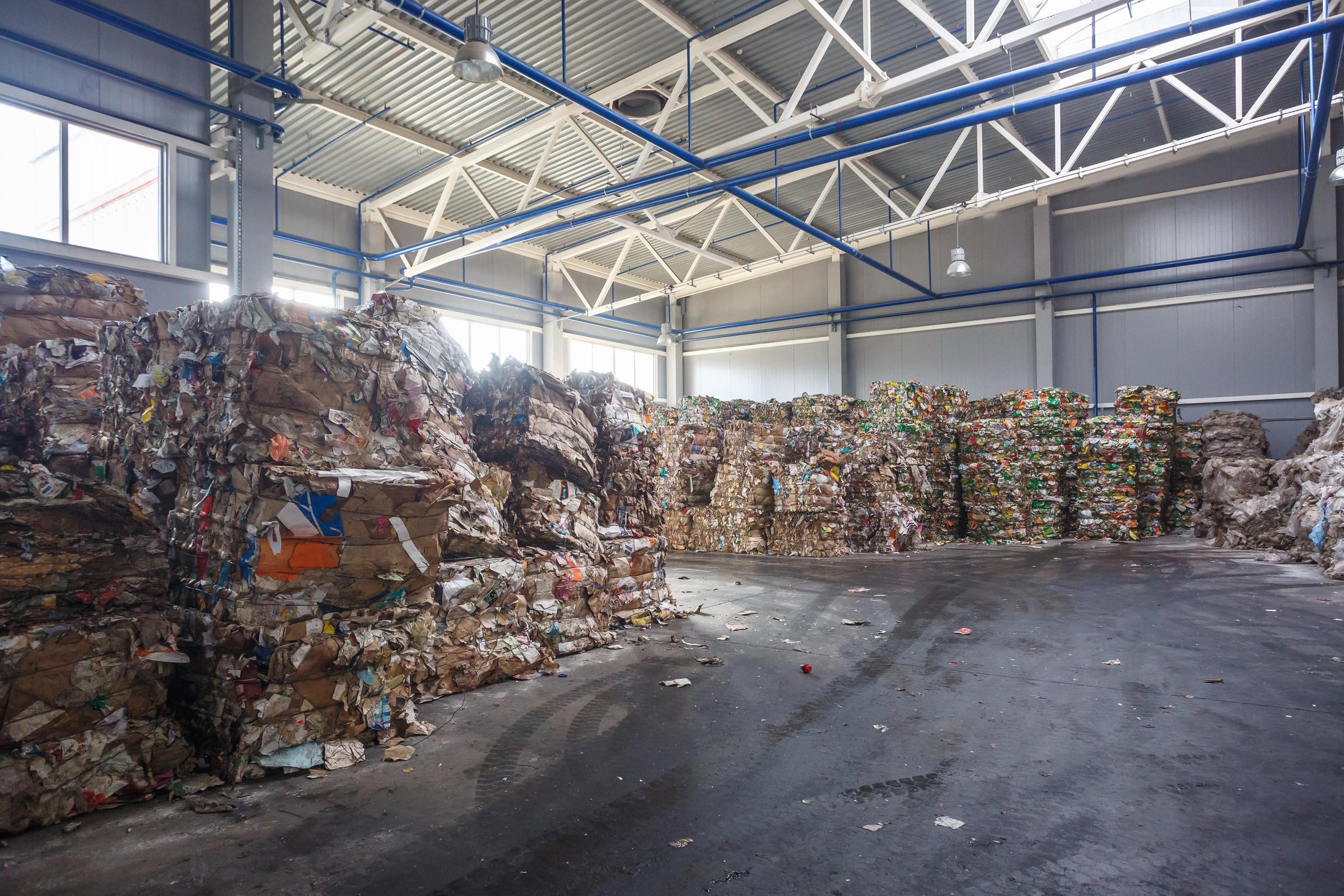Commercial and Industrial Recycling Materials: A Guide
In today’s environmentally conscious world, commercial and industrial recycling is more than just a practice—it’s a responsibility. At Integrity Recycling, we understand the critical role that commercial and industrial sectors play in this sustainable journey. This guide will help educate you on the various types of recycling materials prevalent in these sectors, their significance, and the best practices for recycling them.

Types of Commercial and Industrial Recycling Materials
1. Metals Recycling
Metals are among the most valuable materials in the recycling industry due to their ability to be recycled indefinitely without losing their properties. Common types include aluminum, steel, and copper. These materials are often found in construction debris, manufacturing scrap, and used equipment.
Importance: Recycling metals conserves natural resources, reduces greenhouse gas emissions compared to new metal production, and saves energy.
How to Recycle: Separate metals from other waste materials and sort them by type. Consider using a professional recycling service that can handle large volumes and provide appropriate containers for collection.
How to Montetize: Integrity Recycling can help your company monetize metal recyclables, allowing you to earn rebates that help pay for our professional recycling services. Contact us for a recycling audit to learn how much your metals recycling is worth.
2. Plastics Recycling
Plastics are ubiquitous in commercial and industrial settings, found in packaging, products, and as parts of machinery. However, they vary widely in recyclability depending on the type of plastic.
Importance: Recycling plastics reduces the demand for new plastic production, conserves resources, and minimizes pollution in oceans and landfills.
How to Recycle: Identify and sort plastics according to their recycling codes. Engage with recycling programs that accept commercial-grade plastics and can guide on proper preparation for recycling.
How to Montetize: Integrity Recycling can help your company monetize plastic recyclables, allowing you to earn rebates that help pay for our professional recycling services. Contact us for a recycling audit to learn how much your plastics recycling is worth.
3. Electronics (E-Waste) Recycling
E-waste includes discarded electronic devices such as computers, monitors, and smartphones. The rapid turnover of technology makes e-waste a growing concern.
Importance: E-waste contains valuable materials like gold and silver, as well as hazardous substances. Proper recycling ensures resource recovery and prevents environmental contamination.
How to Recycle: Use certified e-waste recyclers who follow responsible recycling practices. Ensure data destruction for privacy protection before recycling electronic devices.
How to Montetize: Integrity Recycling can help your company monetize e-waste recyclables, allowing you to earn rebates that help pay for our professional recycling services. Contact us for a recycling audit to learn how much your e-waste recycling is worth.
4. Paper and Cardboard Recycling
Paper waste constitutes a significant portion of commercial waste, including office paper, newspapers, and cardboard boxes.
Importance: Recycling paper conserves trees and reduces the energy and water used in paper production. It also decreases landfill use.
How to Recycle: Implement office recycling programs, encourage double-sided printing, and use collection services that accept mixed paper and cardboard.
How to Montetize: Integrity Recycling can help your company monetize paper and cardboard recyclables, allowing you to earn rebates that help pay for our professional recycling services. Contact us for a recycling audit to learn how much your paper and cardboard recycling is worth.
5. Glass Recycling
Glass is 100% recyclable and can be recycled repeatedly without loss in quality. It’s commonly found in bottles and jars.
Importance: Recycling glass saves raw materials, reduces energy consumption, and lowers greenhouse gas emissions.
How to Recycle: Separate glass by color and remove any lids or caps. Use recycling bins designated for glass, and consider a recycling service for large quantities.
How to Montetize: Integrity Recycling can help your company monetize glass recyclables, allowing you to earn rebates that help pay for our professional recycling services. Contact us for a recycling audit to learn how much your glass recycling is worth.
The Importance of Recycling
Recycling in commercial and industrial settings plays a crucial role in sustainability efforts by:
- Conserving natural resources: Recycling reduces the need for raw materials, preserving ecosystems and biodiversity.
- Saving energy: Manufacturing products from recycled materials often requires less energy than producing them from new materials.
- Reducing greenhouse gas emissions: Recycling operations typically emit fewer greenhouse gases than raw material extraction and processing.
- Supporting the economy: Recycling creates jobs in collection, processing, and manufacturing industries related to recycled materials.
How to Enhance Recycling Efforts
– Educate employees: Regular training and informative sessions can increase awareness and participation in recycling programs.
– Implement waste audits: Understanding the types and volumes of waste generated can help tailor recycling programs to your specific needs.
– Partner with experts: Working with professional recycling services ensures that materials are recycled efficiently and responsibly.
At Integrity Recycling, we are committed to guiding our customers through their recycling journey. By understanding the types of materials that can be recycled, recognizing their importance, and following best practices for recycling, commercial and industrial entities can make a substantial impact on the environment. Together, we can work towards a more sustainable future.
